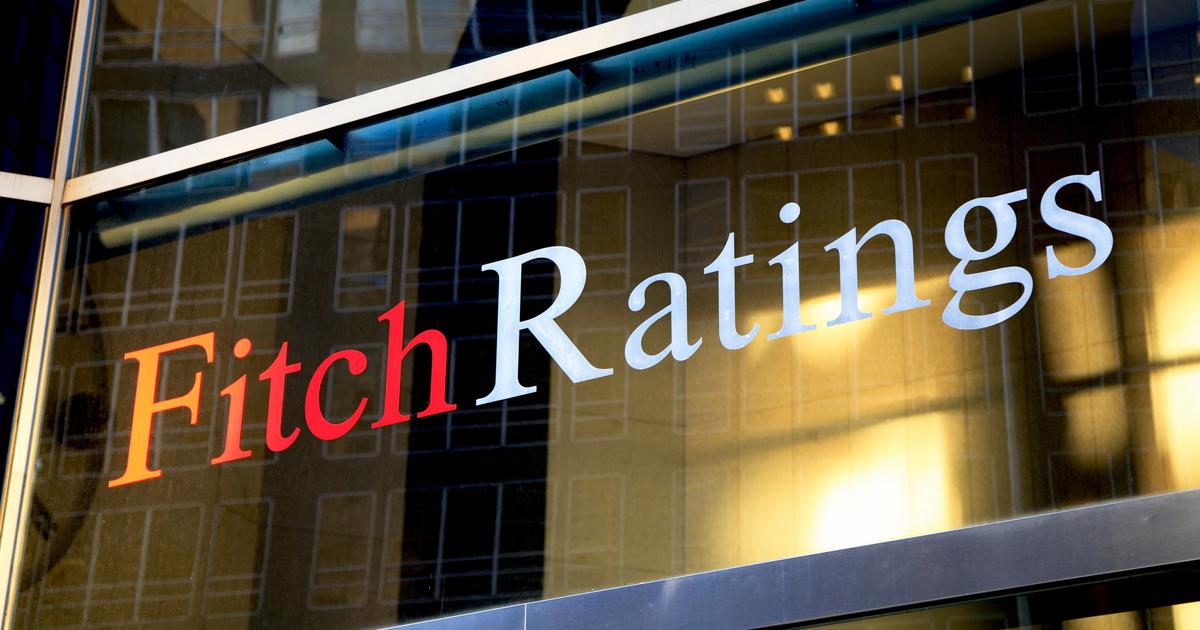It was only eight months ago.
However, the symbolic bar of 100% of national wealth (gross domestic product, GDP), with which the French debt flirted before the pandemic, is only a distant memory.
A record slate at 120% of GDP.
Debt increased from 98.1% of GDP in March to 114.1% at the end of June and is expected to climb to 120% by the end of the year.
Never since the Second World War has our country displayed such a liability, nor such a burden for future generations.
And it's not over.
The 2021 budget will further worsen the deficit and debt forecasts, but these, linked to support measures in preparation, will not be known until the beginning of December.
READ ALSO>
Covid-19 crisis: Macron facing the debt wall
Parliamentarians in the fog.
The finance bill for 2021, with its 100 billion stimulus plan, has just arrived in the Senate.
But pending a review of major economic indicators, senators are working "blind".
"We are debating a provisional text called very quickly for new corrections", annoyed Claude Raynal (PS), chairman of the Finance Committee.
"The debt, which is already the second largest budgetary burden for the state, will increase further," worries a majority parliamentarian.
A burden… sustainable for the moment.
According to figures from Agence France Trésor, 51.9% of the French debt is held by non-residents (central banks, pension funds, sovereign investment funds, banks, etc.).
French insurance companies own 17.6%.
Via their life insurance contracts, individuals therefore indirectly own part of the tricolor slate.
France can currently finance its debt thanks to low interest rates and a good “signature”, in other words the confidence it inspires.
But a possible rate hike can never be ruled out.
Recently, the High Council of Public Finances warned: “In the medium term, the sustainability of the debt becomes a central issue.
"Among the deputies, some evoke a real" time bomb ".
Brussels is sounding the alarm.
"Some measures presented by France seem not to be temporary or offset by other budgetary measures," regretted the Commission this week, calling for monitoring the debt.
Brussels targets in particular wage increases in hospitals and lower production taxes, 20 billion over two years.
"This flagship measure of the 2021 Budget will first benefit large companies, not SMEs or small businesses," criticizes Emilie Cariou, former LREM leader of the Finance Committee, member of the Ecology Democracy Solidarity (EDS) group.
It is inefficient and weakens our tax revenues.
"
Newsletter "It pays me"
The newsletter that improves your purchasing power
I'm registering
Your email address is collected by Le Parisien to enable you to receive our news and commercial offers.
Learn more
What scenario to get out of it?
Several solutions exist.
The government has ruled out (for now) the most obvious: a tax hike to pay down our debt.
The hypothesis of an (encouraged) surge in inflation, synonymous with reimbursement in monkey money, is not very credible, both difficult to implement and dangerous for households.
That of the outright cancellation (or its equivalent of an "eternal debt") defended by Arnaud Montebourg, bristles the hair of Pierre Moscovici, the president of the Court of Auditors, as of Bruno Le Maire, the minister of 'Economy.
There remains one last solution, carried by Bercy: the restart of the economy.
"A high public debt is not necessarily catastrophic if it generates vigorous growth", recalls economist Marc Touati.
Safe?
Not sure ... The government has just revised downwards its growth forecast for 2021. Expected at 8%, it is finally expected at 6%.













